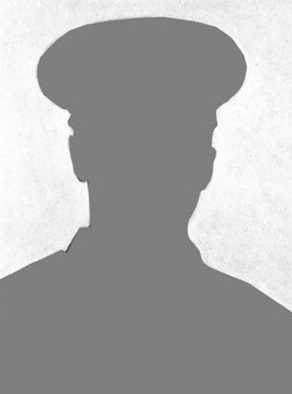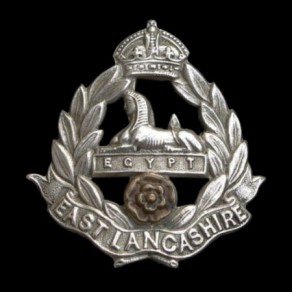Main CPGW Record
Surname: GOWER
Forename(s): Alfred Thomas
Place of Birth: Southsea, Hampshire
Service No: 19028
Rank: Private
Regiment / Corps / Service: East Lancashire Regiment
Battalion / Unit: 1st Battalion
Division: 4th Division
Age: 35
Date of Death: 1916-07-01
Awards: ---
CWGC Grave / Memorial Reference: Pier and Face 6 C.
CWGC Cemetery: ---
CWGC Memorial: THIEPVAL MEMORIAL
Non-CWGC Burial: ---
Local War Memorial: SETTLE, YORKSHIRE
Additional Information:
Alfred Thomas Gower was the son of Alfred and Emily Gower, née Lamsley. Alfred, senior, was born at Berhampore, India and Emily at Forton, Gosport, Hampshire.
1891 Barrow, Lancashire Census: 13, Dumfries Street - Alfred Thos Gower, aged 9 years, born Southsea, Hampshire, son of Alfred Gower, widower. [Alfred Gower, with two sons and a daughter were living with his step-brother, Walter F. Rooke and his wife, Elizabeth.]
1911 Settle, Yorkshire Census: Albert Hill - Alfred Gower, aged 29 years, born Portsmouth, Hampshire, husband of Jane Gower, born Ambleside, Westmorland. [Alfred's occupation is given as: Tailor (worker) Army Pensioner.]
British Army WW1 Medal Rolls Index Cards: Pte Alfred T. Gower, 19028, 3rd E. Lan. R. Theatre of War first served in: 1 [France]. Date of entry therein: 28.7.15.
British Army WW1 Medal and Award Rolls: Alfred Thomas Gower, 19028, 3rd East Lancs.; 1st East Lancs.
Army Registers of Soldiers' Effects: Pte Alfred Thomas Gower, 19028, 1st Batt East Lancs. Date and Place of Death: On or since 1.7.16 death presumed. To whom Authorised/Amount Authorised: Sole legatee - Jane Dugdale. £16 12s. 2d.
UK, WW1 Pension Ledgers and Index Cards, 1914-1923: Pte Alfred Thomas Gower, 190289, East Lancashire. Date and cause of death: 1.7.16. Missing. Dependant: Jane Dugdale. Address: Albert Hill, Settle, Yorkshire. Relationship to soldier: Unmarried wife.
Jane Dugdale married Alfred's brother, Josiah Walter Gower, in 1920.
Data Source: Local War Memorial
---
Entry in West Yorkshire Pioneer Illustrated War Record: ---
---


Regiment / Corps / Service Badge: East Lancashire Regiment

Divisional Sign / Service Insignia: 4th Division
---
---
Comment on this Soldier Record
You can leave comments on this soldier record. Please note all comments will be manually approved before they appear on the website.





No comments yet.